I was very honoured to represent BUDI as the sole invitee from a UK HEI to attend the inaugural Dementia Forum X (for Executive) in Stockholm, Sweden on Monday 18th May. In all, 100 guests from 17 countries were in attendance and the event was hosted by HM Queen Silvia of Sweden.
Dementia Forum X has been set up to bring together leading lights in dementia at the request of Silviahemmet.

Silviahemmet (Silvia’s house) was established by Queen Silvia in 1996 after her own mother was diagnosed with dementia and the queen became aware of deficiencies in the health and social care systems when care was needed by people with dementia. Stiftelsen Silviahemmet, (Silvia’s House Foundation) has become a centre of excellence for dementia education and care.
The purpose of Dementia Forum X is to raise awareness of and understanding about dementia as well as to make a difference both globally and locally. The initiative was organised by the Swedish Forum for Elderly Care in collaboration with Karolinska Institutet, the Swedish Dementia Centre, FORTE (the Swedish Research Council for Health, Working Life and Welfare) and was administered by Swedish Care International under the watchful eye of Karin Lind- Mörnesten, its CEO.
Dementia Forum X strives for a broader collaboration between executives from all parts of the global community. This event was described as a day of reflection and discussion between a hundred of the world’s leading business executives, policy-makers and other stakeholders. The participants were selected from five identified key sectors; finance, business, society, care and research. By teaming up with the leading expertise from different parts of the global society, Dementia Forum X has the capacity to create a joint understanding of the global effects of dementia. Furthermore, Dementia Forum X will be an accelerator for creativity, new initiatives and sustainable actions towards a better tomorrow.
The Forum was held at the Elite Marina Tower Hotel, Stockholm, across the water from the main city. With a minimum of protocol that would surprise most UK residents, the Queen and Crown Princess Victoria attended the morning session. During the afternoon there were a number of breakout sessions reflecting various themes; Business, Care, Finance, Research and Society. It was notable that the Queen moved around the building to attend each session and to offer her thoughts when sought.
So much for royal watching! The content of the day was based on the notion of ‘inspirational speeches’. This made a refreshing change from the usual round of lectures or ‘death by PowerPoint’ that often constitutes conference proceedings. Instead of a formal address, speakers were invited to begin discussions related to a variety of topics. This approach really worked well because of the excellence of the facilitator Nisha Pillai, formerly of BBC World Service.
Proceedings were initiated with the first speaker Åsa Regner, Minister for Children, the Elderly and Gender Equality, who set the tone by placing a strong emphasis on social care and on the rights of the individual. Fellow speakers included Ann-Charlotte Stjerna (Skandia), Professor Bengt Winblad (Karolinska Institutet), John Crawford (IBM) Sarah Lock (AARP), Dr Franz Graf von Harnoncourt (Order of Malta) Professor Niclas Adler (Babson College). Full details can be obtained from me by request.

The event was followed by a boat trip to Drottningholm, The Royal Palace, where participants witnessed the graduation of the first medical doctors to receive their Masters in Dementia award, presented on the stage of the Drottningholms Slottsteater (Palace Theatre), by HM Queen Silvia.
At the conclusion of the ceremony we were entertained by mezzo-soprano Charlotte Hellekant.
These are the personal memories that I take with me, but reflections from the breakaway groups included:
- Dementia is still not widely understood by society, and we in the UK have made good progress in raising it onto the political and social agenda in comparison with some other countries.
- Improve cross-functional collaboration between academia, industry, healthcare, and people living with dementia as well as the general population in order to optimize the generation of new knowledge.
- Increase societal and corporate awareness regarding our shared responsibilities.
- Continue to focus on and develop person centred care globally, whilst learning from best practices.
- Take the opportunities to exchange ideas and create companionships between different sectors.
- Jointly create concrete examples that show the financial benefits, business opportunities and social benefits for corporations.
And perhaps the most exciting aspect for BUDI is the way that all of these points which emerged from the meeting are reflected in the content of our new online MSc Applied Dementia Studies which will launch in September 2015.
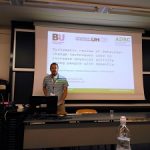
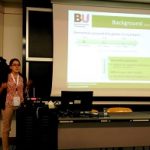 volving these two presentations. Those attending the session showed their interest in the topic and asked questions about ways of facilitating people living with dementia’s participation in exercise interventions. This was a great experience for Yolanda who presented for the first time her PhD pilot results to an international audience.
volving these two presentations. Those attending the session showed their interest in the topic and asked questions about ways of facilitating people living with dementia’s participation in exercise interventions. This was a great experience for Yolanda who presented for the first time her PhD pilot results to an international audience.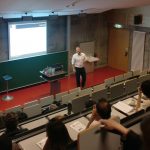
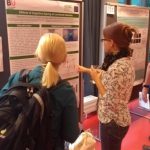
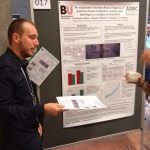
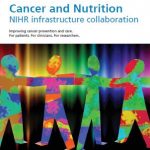


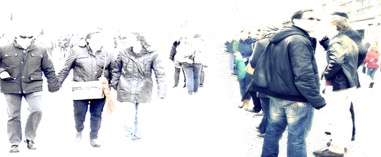
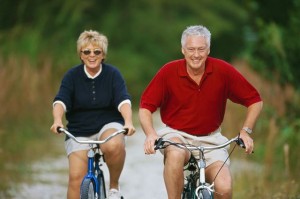 We are often reminded that we should be paying attention to what we eat and making sure we exercise regularly. These recommendations are based on years of research into how diet and exercise can impact our health and well-being throughout the lifespan. However, it’s rare that these two crucial elements are studied together.
We are often reminded that we should be paying attention to what we eat and making sure we exercise regularly. These recommendations are based on years of research into how diet and exercise can impact our health and well-being throughout the lifespan. However, it’s rare that these two crucial elements are studied together.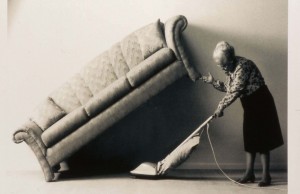
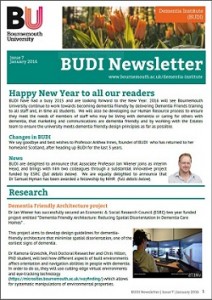

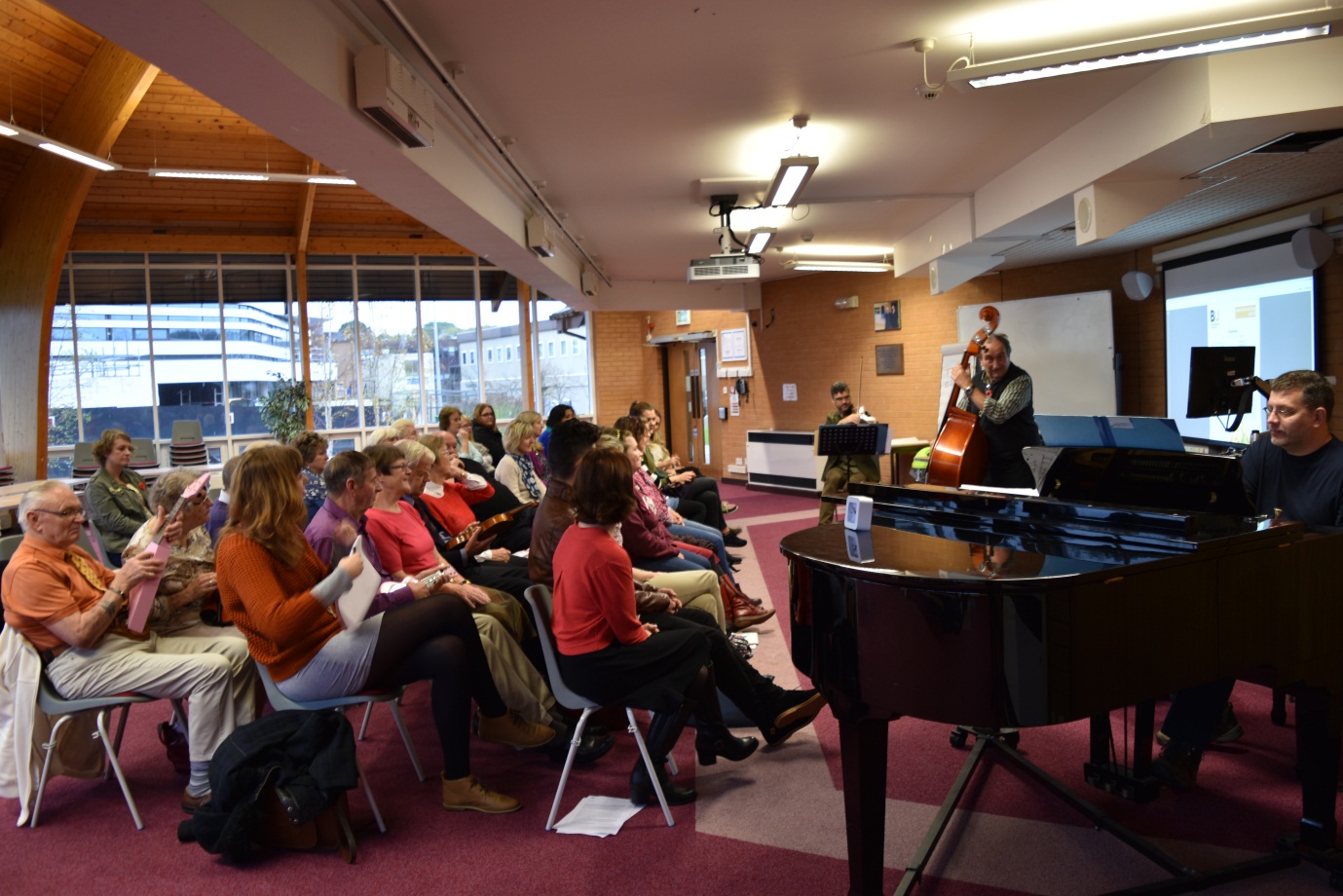
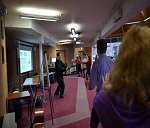

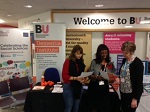
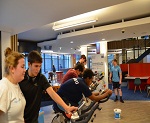
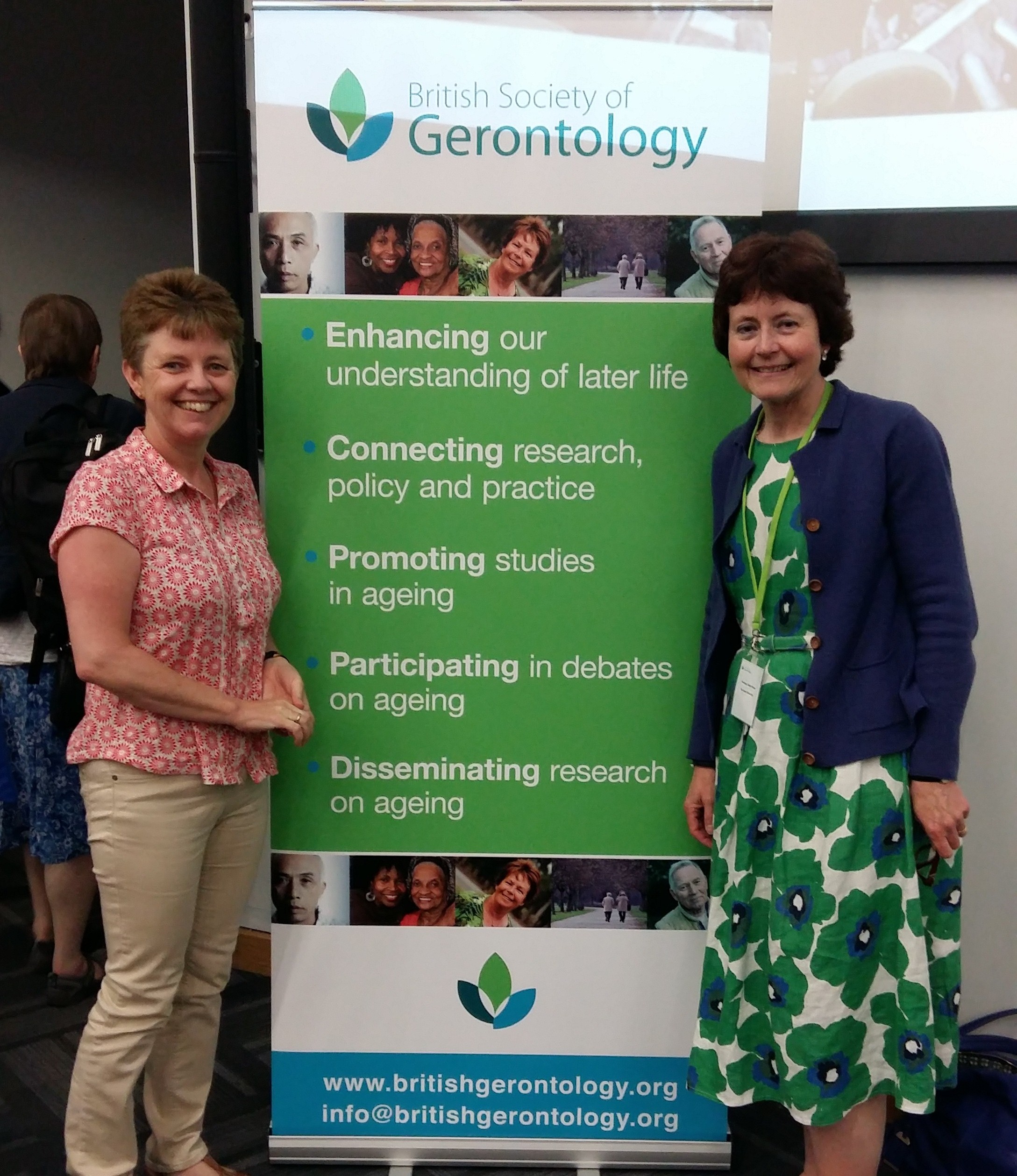


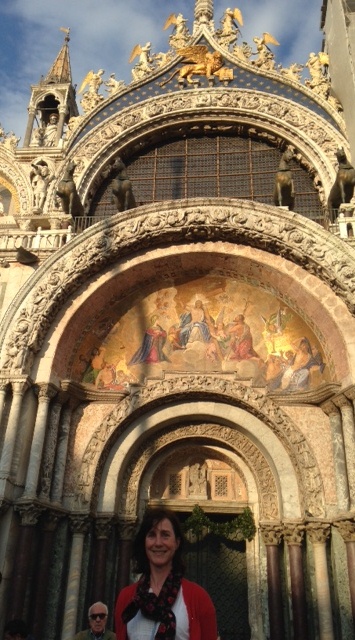
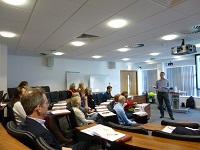


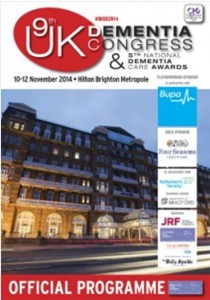
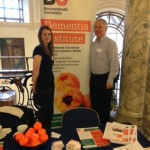
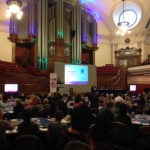











 SPROUT: From Sustainable Research to Sustainable Research Lives
SPROUT: From Sustainable Research to Sustainable Research Lives BRIAN upgrade and new look
BRIAN upgrade and new look Seeing the fruits of your labour in Bangladesh
Seeing the fruits of your labour in Bangladesh Exploring Embodied Research: Body Map Storytelling Workshop & Research Seminar
Exploring Embodied Research: Body Map Storytelling Workshop & Research Seminar Marking a Milestone: The Swash Channel Wreck Book Launch
Marking a Milestone: The Swash Channel Wreck Book Launch ECR Funding Open Call: Research Culture & Community Grant – Application Deadline Friday 12 December
ECR Funding Open Call: Research Culture & Community Grant – Application Deadline Friday 12 December MSCA Postdoctoral Fellowships 2025 Call
MSCA Postdoctoral Fellowships 2025 Call ERC Advanced Grant 2025 Webinar
ERC Advanced Grant 2025 Webinar Update on UKRO services
Update on UKRO services European research project exploring use of ‘virtual twins’ to better manage metabolic associated fatty liver disease
European research project exploring use of ‘virtual twins’ to better manage metabolic associated fatty liver disease